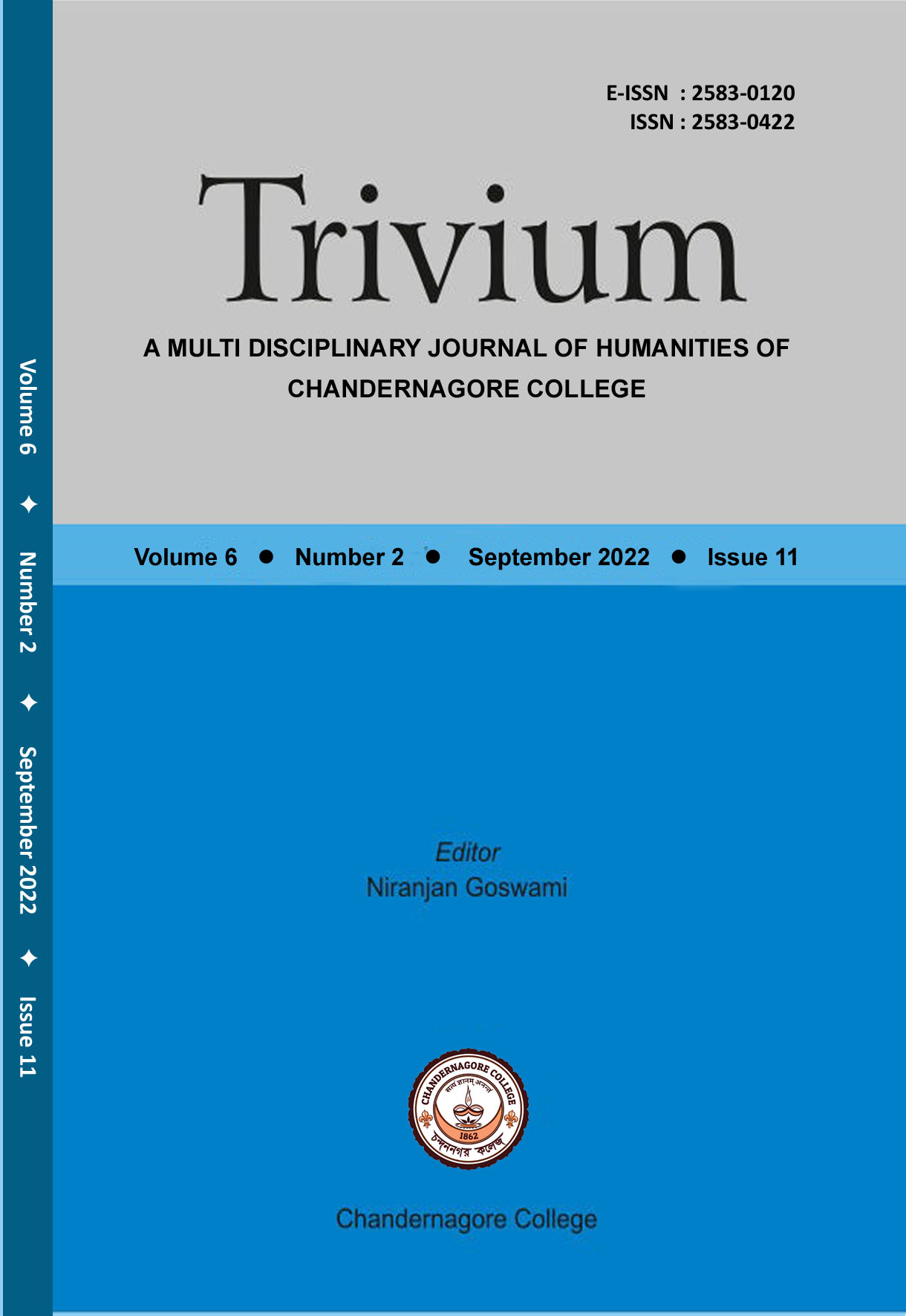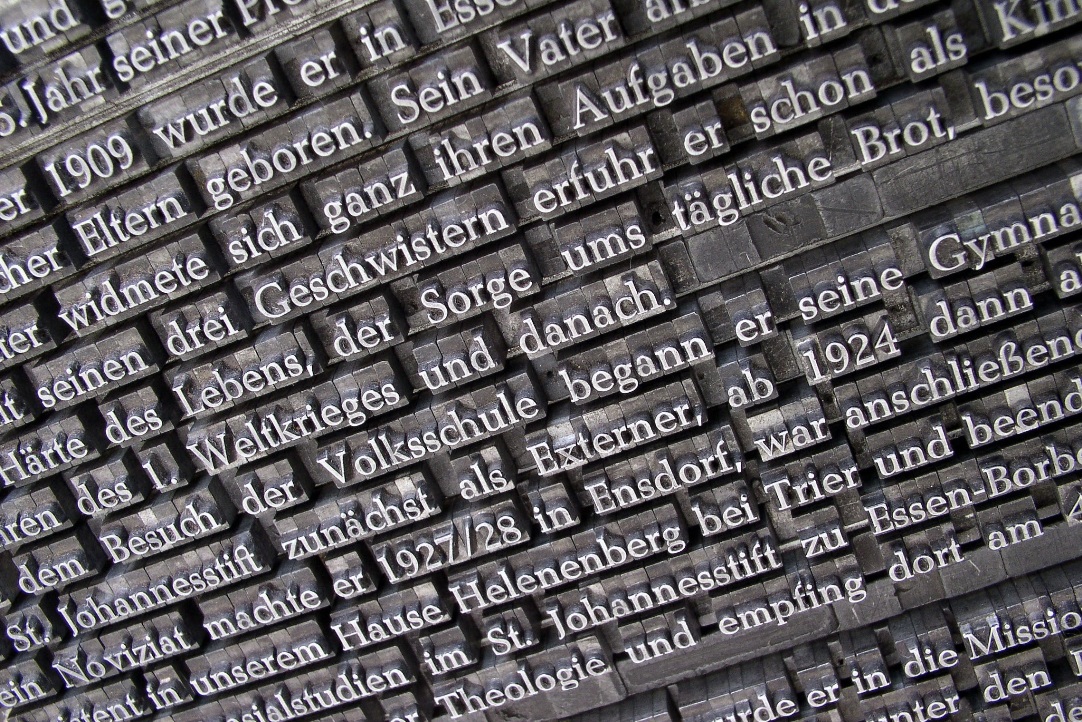Trivium : Vol - 6 : No - 2 : Issue - 11
The present issue may safely be called representative of research interests of the present times with papers concerned with Feminism, Postmodernism, Posthumanism, Graphic novels, and comic strips. Simultaneously traditional areas of Victorian and Romantic also find a place. Ankita Jana’s reading of Skin Stories brings to the fore a neglected side of Feminism, which is Disability Feminism. In her reading she has applied the concept of intersectionality where gender, race, disability, sexuality and other paradigms interact rather than stand singularly dominating, exposing in the process complexities of identity formation. Sunrita Chakravarti’s paper explores the epistemological issues raised by Giorgio Agamben in Remnants of Auschwitz. Chakravarti examines Agamben’s conceptualization of Testimony as opposed to Foucault’s Archive as an epistemological tool. She asks whether the bio-politics of the Holocaust does not obliterate the distinction between human and non-human in the figure of the Muselmann. The centrality of ideas is also fractured in the application of Heterotopia in Sayantani Sengupta’s essay on Richard McGuire’s comic strip Here (1989). This essay is not any conventional thematic or political analysis of a comic strip. It takes up a postmodern text from a refreshing perspective of theorization of ‘home’ – a debatable marker of identity. The essay focuses on the implications of the destabilising exposition of home as a locus through a geological timescale that opens up a relativistic vista annulling all circumscribed ideas of rootedness. Priti Das’s essay takes up less critically acclaimed Romantic poet Hannah More’s poem on slavery to focus on one of the central debates of the late eighteenth century – that of slavery vis-à-vis abolitionism. The contribution of female writers in consolidating opposition to this hateful practice deserves more discussion. Sayantani Mukhopadhyay ventures into an illuminating exposition of a posthumanist graphic novel, Amruta Patil’s Kari; it focuses on a text that embroils the reader into experiencing an iconoclastic demonstration of queerness. Mukhopadhyay puts into good use Arthur Kroker’s notion of ‘body drift’ via Judith Butler. Madhumita Biswas returns the reader to the solid ground of Victorian writing focusing on Margaret Oliphant’s novel on seamstresses – Kirsteen: The Story of a Scotch Family Seventy Years Ago (1890). Biswas looks at the Victorian ‘Woman Question’ through the lens of Oliphant’s construction of feminine utopia by examining gender roles, dress culture, materialism and social hierarchies of the period. Sourovi Thakur and Usashi Kundu (De) propose a qualitative-analytical study of the teaching of happiness and well-being in schools and deliberate on strategies involved for its success. The importance of the topic cannot be emphasized enough as the authors throw light on mental malnourishment of students and the limitations of the pursuit of mere materialistic happiness leading to a proliferation of mental issues. Priyanka Mondal’s Bengali essay argues that the history of development of Feminist thought in colonial Bengal may be reconstructed by examining the published writings of the female writers of the period. She provides a number of examples and demonstrates how female writers raised women’s awareness on the issues of education, health, sexuality and child-birth among others that they believed important for women’s emancipation.
Readers can find front matter and back matters of the issue by clicking respective buttons:










